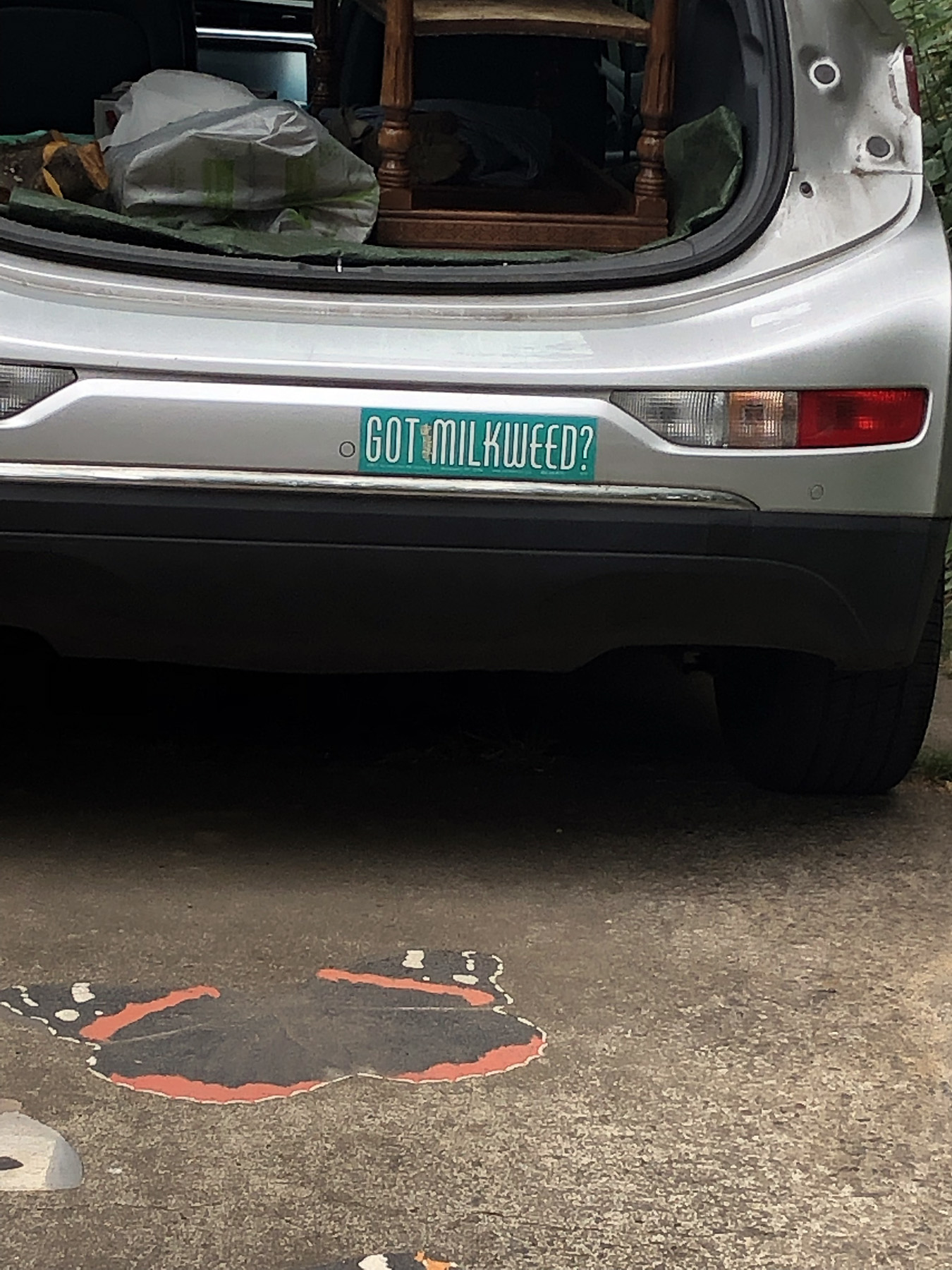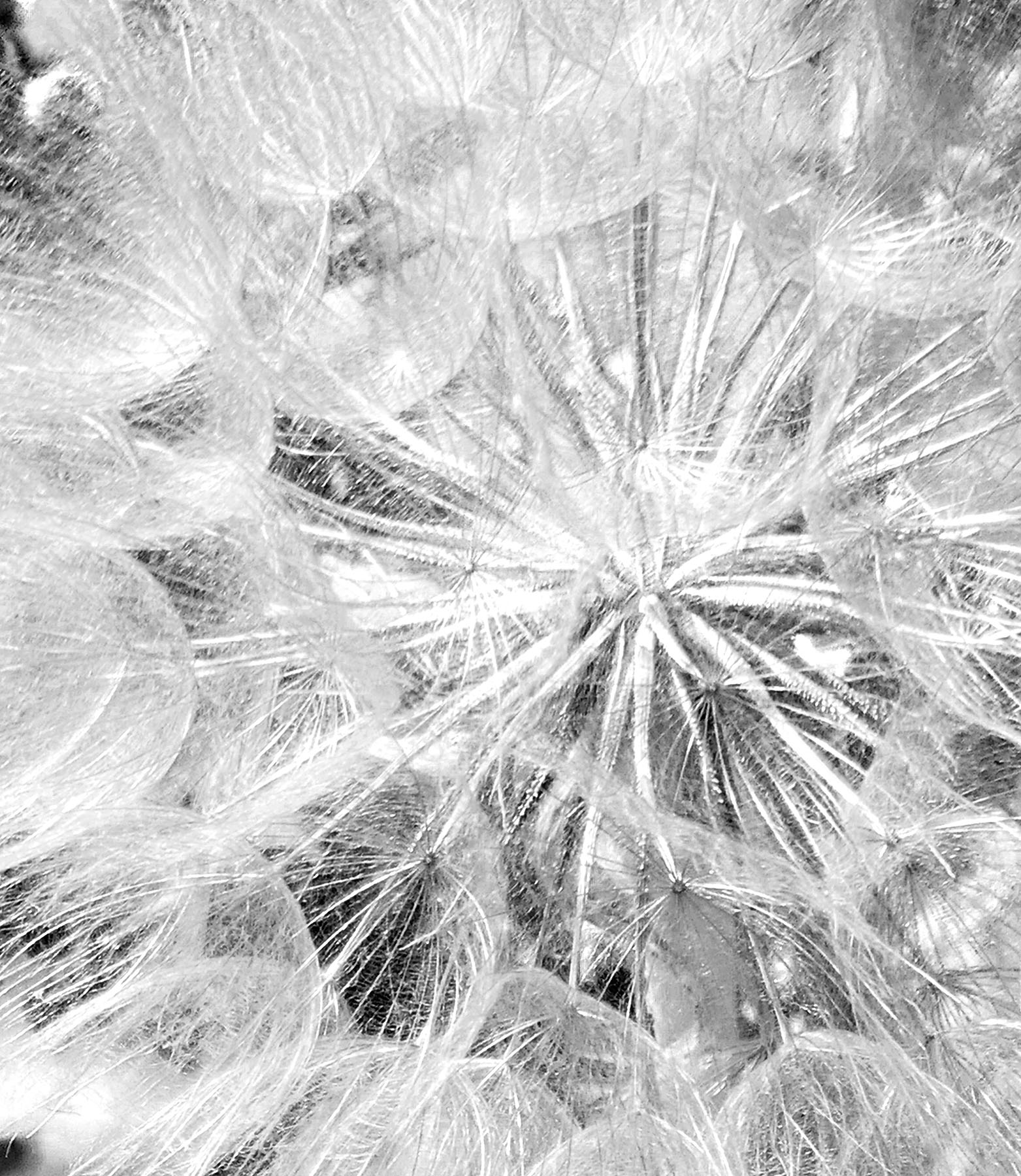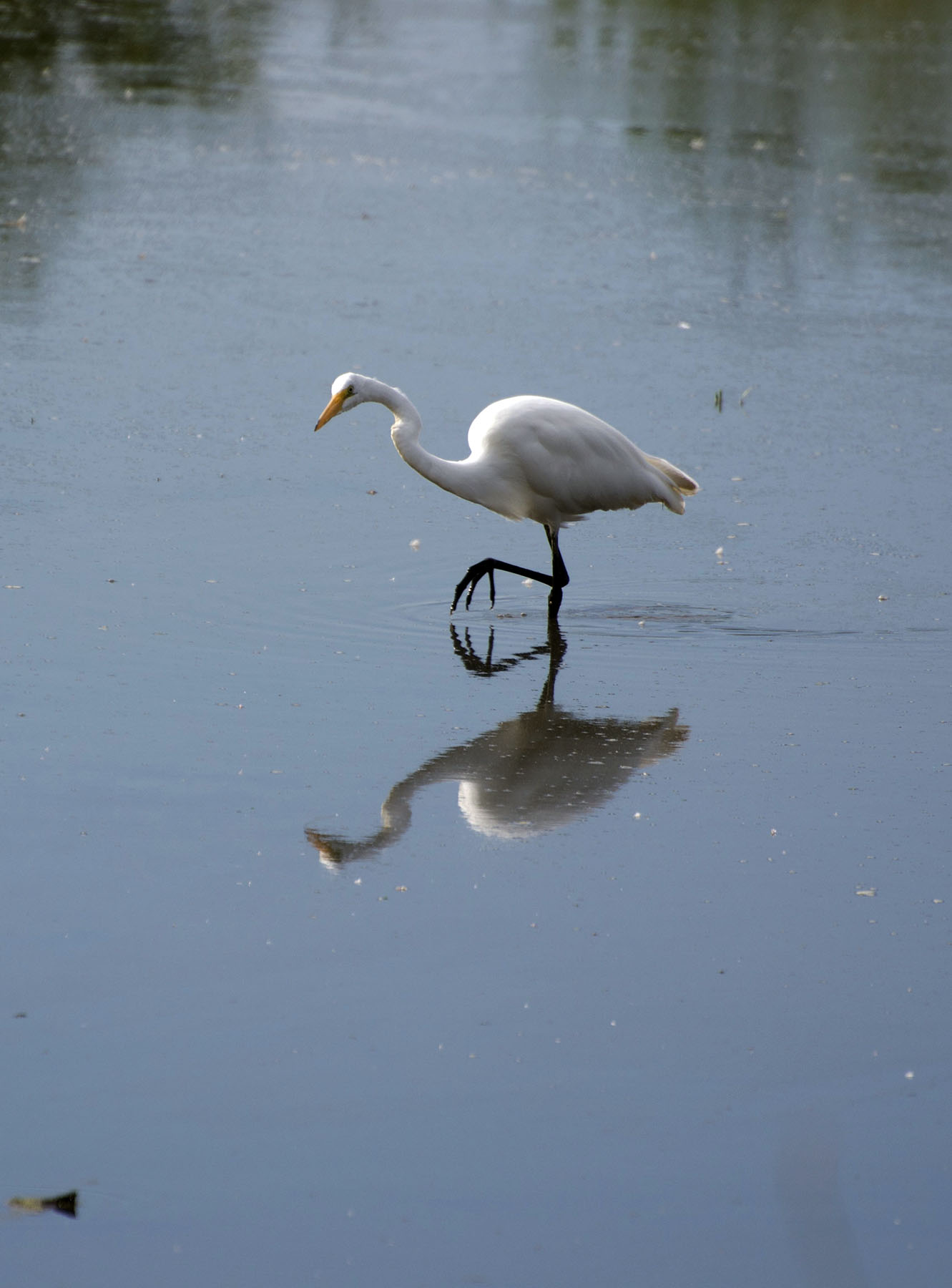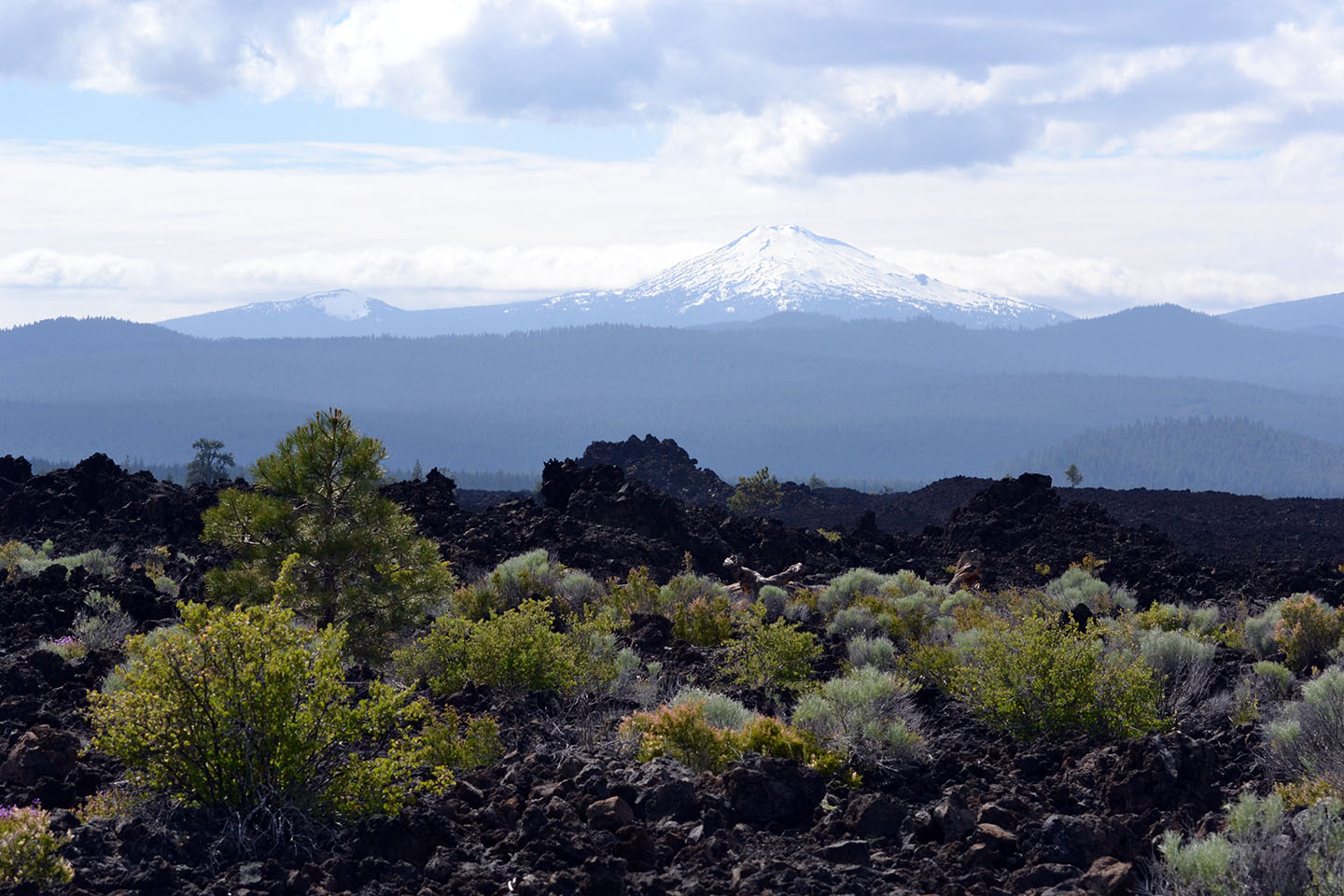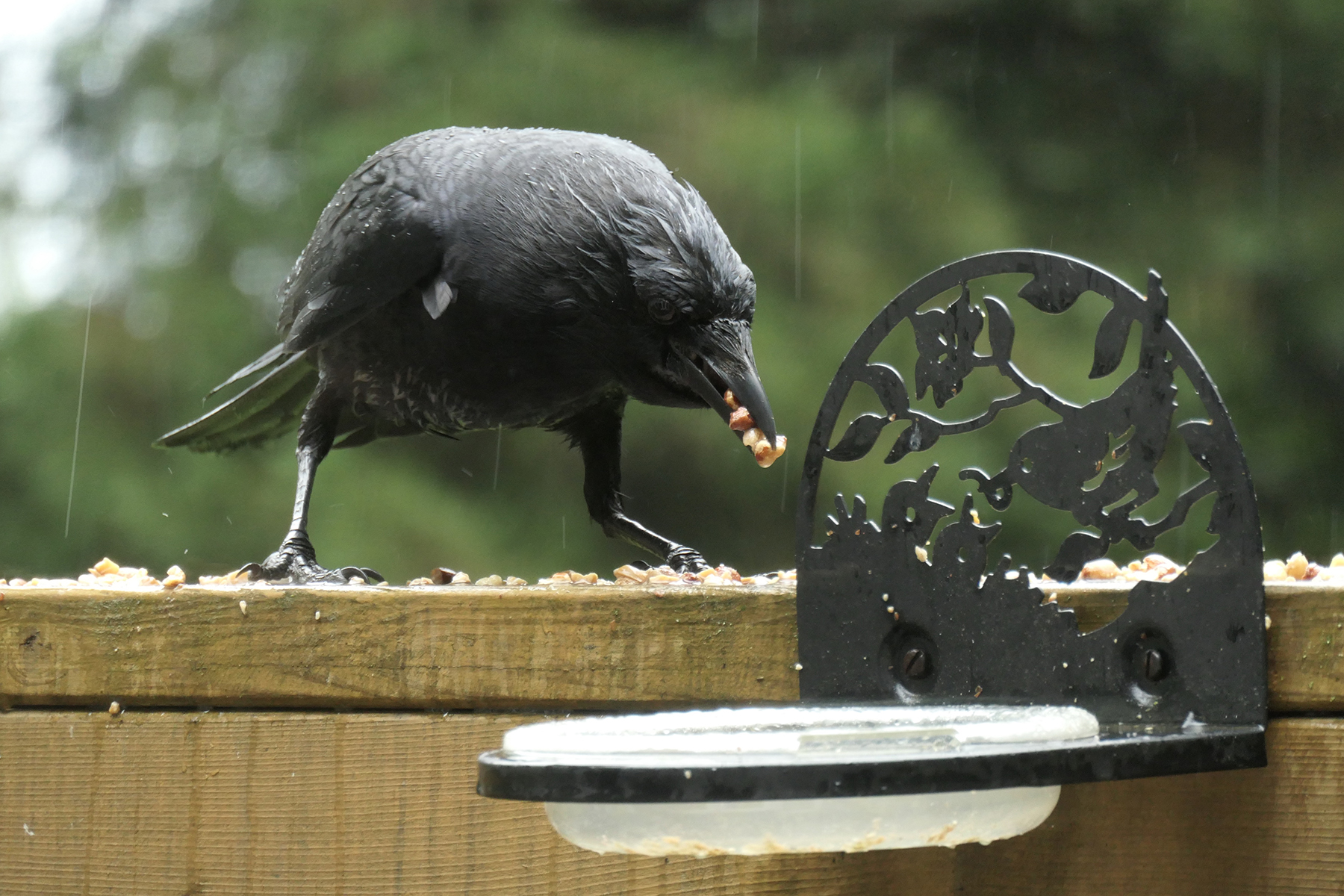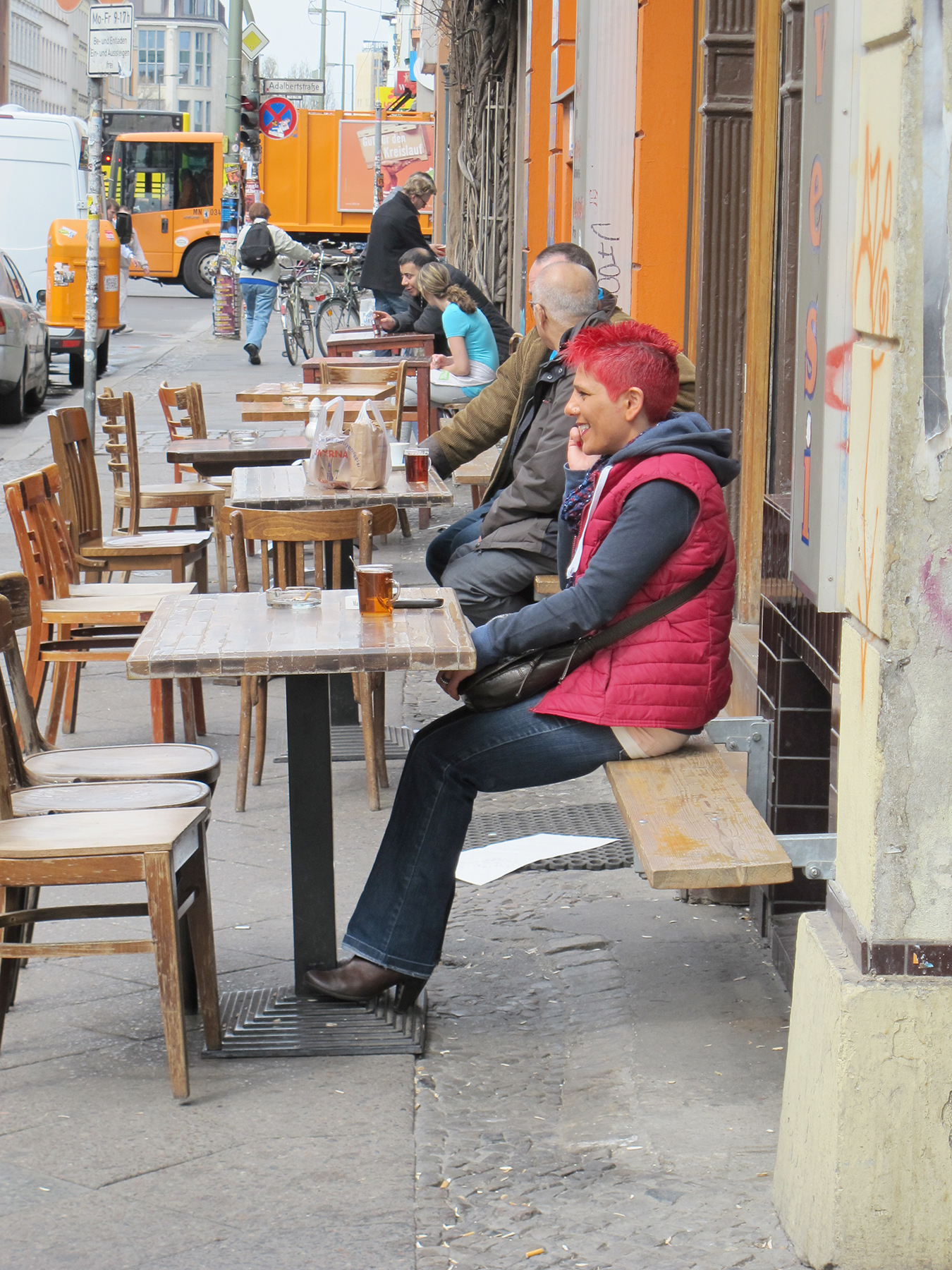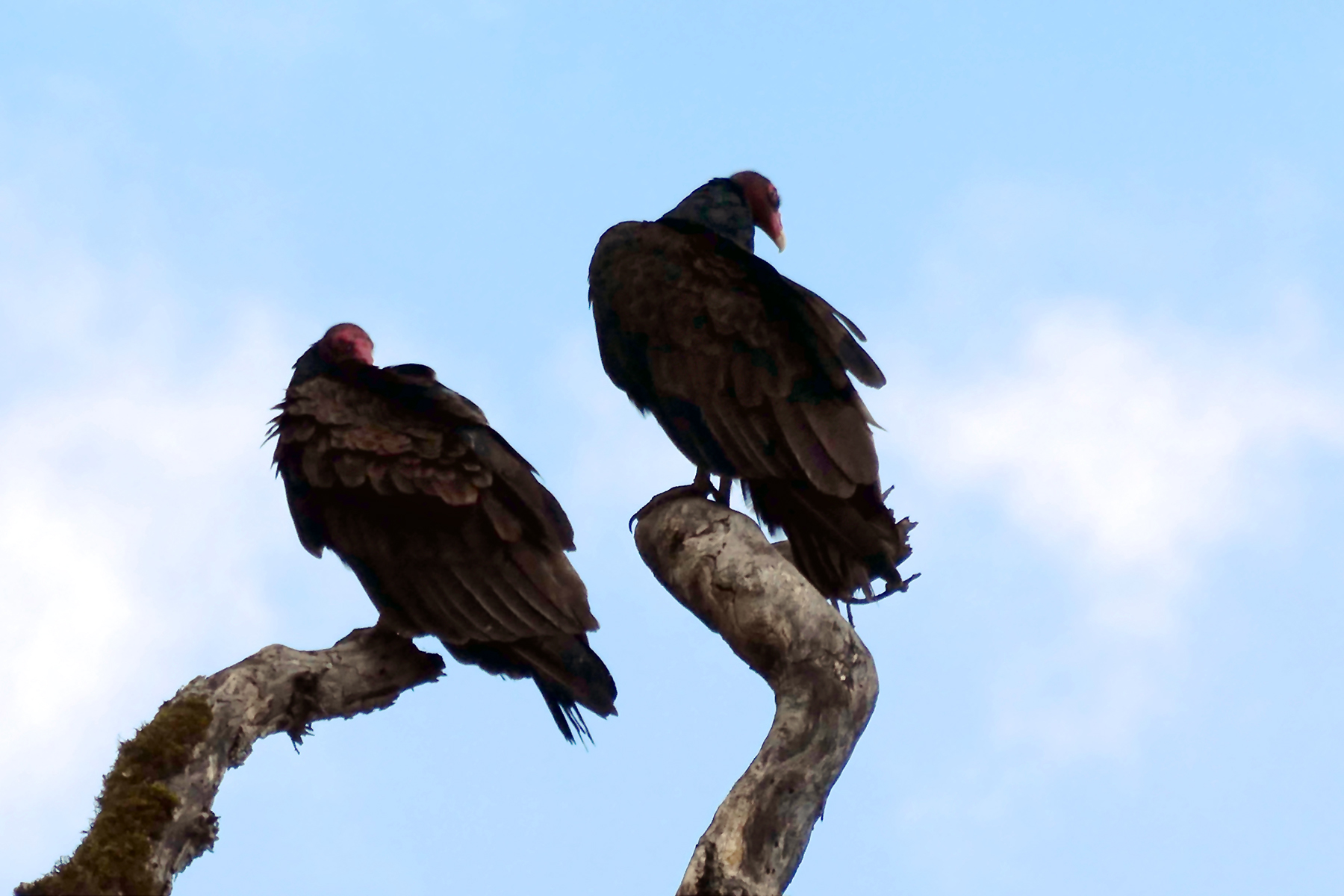“I want things to unfold slowly, often my things are quiet and simple enough that it takes time—a kind of slow overlapping—before people feel it.” – Anna Valentina Murch
Unfold slowly it did. It took me a full decade not jut to feel the art but to actually see it.

I’ve walked by that elevator shaft on the waterfront for years without ever noticing that the windows contained images of water, different configurations of waves illuminated by differences in light depending on cloud formation or time of day.

Created in 2011 by Anna Valentina Murch (lovingly remembered (and quoted) after her untimely death in 2014 by a friend here,) the unassuming public art is called River Wrap. It consists of 40 photographic images on glass that frame the corners of the ten story elevator tower that connects the Darlene Hooley bridge to the Moody plaza below. The photographs are of reflections of light moving across the surface of water echoing the bordering landscape, the Willamette river.
The idea of water seemingly filling a tower might have had different connotations in 2011 compared to 2021. Then it represented beauty, perhaps intended to be soothing, a reminder of waves lapping gently. Now I can but think of the hurricane-induced flooding of buildings, or memorials to rivers run dry, if not the drowned – art does change when historic context changes.
The elevator is currently closed, so I had no chance to explore what they would look like when you travel up and down at slow speed, or if they can be seen from within at all.


Murch was a British installation artist based in San Francisco. Solo works or those together with her husband Doug Hollis often focussed on ways to make people spend time and look: accentuating reflections, sparkle, glow and change in color of light on various surfaces, often water. A more familiar work here in Portland is the light art attached to the Tillicum Crossing Bridge. It uses 178 LED modules to illuminate the cables, towers, and underside of the deck. The base color is determined by the water’s temperature. The timing and intensity of the base color’s changes, moving the light across the bridge, are determined by the river’s speed. A secondary color pattern is determined by the river’s depth, that changes on the two towers and the suspension cable.

Other notable art installations by her can be found here.

So why did I notice River Wrap now and not before? A possible proximal cause: the light hit it just right to sparkle. But it was a gray, diffuse afternoon.
A two part answer could be:
(1) Distraction.
The elevator tower is across the street from the aerial tram station, where comings and goings of those futuristic looking passenger capsules draw your attention. There is also a never-ending stream of people entering or exiting the OHSU medical building, bound to draw your gaze. There is the new(ish) bridge glimpsed in the background at the river, usually the destination for my walks, beckoning the camera. So I never attended to the west side of the Moody Plaza before.


(2) Increased Attention.
Due to restricted movement, my radius of exploration has so incredibly shrunk. No more travel, no more visits to indoor spaces including exhibitions in galleries and museums, alike. No more walking or photographing where crowds of people congregate, all due to the pandemic. Those spaces, then, that are still open to me therefore are looked at in search of anything that is new, or worthwhile thinking through, or good for surprises while I walk there over and over and over again…
After all, the poem below does not apply to me (although I love it, like so much of her work.) I do behave in the cosmos as advised. At least I try to think so of myself…

Distraction
I misbehaved in the cosmos yesterday.
I lived around the clock without questions,
without surprise.
I performed daily tasks
as if only that were required.
Inhale, exhale, right foot, left, obligations,
not a thought beyond
getting there and getting back.
The world might have been taken for bedlam,
but I took it just for daily use.
No whats — no what fors —
and why on earth it is —
and how come it needs so many moving parts.
I was like a nail stuck only halfway in the wall
or
(comparison I couldn’t find).
One change happened after another
even in a twinkling’s narrow span.
Yesterday’s bread was sliced otherwise
by a hand a day younger at a younger table.
Clouds like never before and rain like never,
since it fell after all in different drops.
The world rotated on its axis,
but in a space abandoned forever.
This took a good 24 hours.
1,440 minutes of opportunity.
86,400 seconds for inspection.
The cosmic savoir vivre
may keep silent on our subject,
still it makes a few demands:
occasional attention, one or two of Pascal’s thoughts,
and amazed participation in a game
with rules unknown.
Wislawa Szymborska (1923-2012): Distraction, from Colon (2005), translated by Clare Cavanagh in MAP: Collected and Last Poems, 2015

One thing is clear, though. So much public art is so in your eye, so prominently placed or gaudily executed that it is almost impossible not to be aware oft it. The quieter kind, like today’s example, then packs the punch of discovery, unbidden, serendipitously,creating a louder and longer lasting emotional echo, at least in my case. A gift.
Water-related music today by Sibelius.









